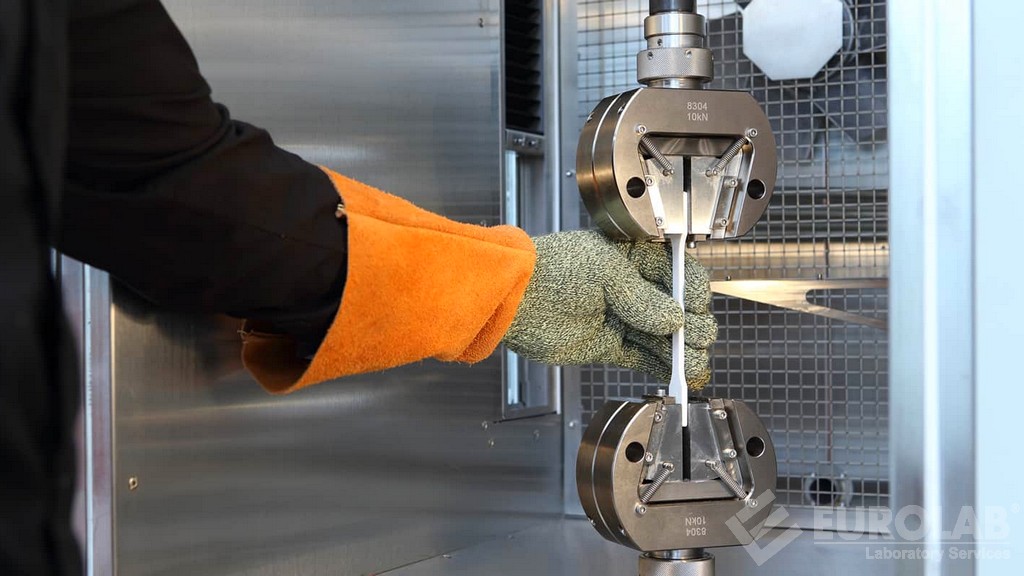GOST 18188 Surface Active Agent Determination Test
The GOST 18188 standard is an essential guideline in the oil and gas industry for determining the concentration of surface active agents (SAA) in aqueous solutions. These agents play a crucial role in production processes, particularly during water flooding operations and enhanced oil recovery techniques. The determination of SAAs helps ensure optimal performance while minimizing environmental impact.
The test is critical because surface-active agents enhance the solubility and transport properties of hydrocarbons, thereby improving extraction efficiency. Their presence can significantly affect the viscosity of fluids used in these processes, which directly impacts operational costs and environmental considerations. The GOST 18188 method provides a standardized approach to assess SAAs, ensuring consistency across various operations.
For quality managers and compliance officers, understanding this test is vital for maintaining regulatory standards and optimizing production chemistry. R&D engineers rely on accurate SAA levels in their formulations to enhance product performance. Procurement professionals ensure that the correct additives are sourced and used effectively by referencing GOST 18188.
The methodology involves precise sample preparation, which includes dilution of the aqueous solution containing SAAs according to specified volumetric ratios. The diluted samples undergo a series of chemical reactions and colorimetric measurements using spectrophotometric techniques. This process allows for the quantification of SAAs based on their absorbance at specific wavelengths.
The GOST 18188 test is applicable not only in production settings but also in laboratory environments where research and development are conducted. The reproducibility and reliability of this method ensure that results can be consistently replicated, which is crucial for both academic and industrial applications.
Understanding the nuances of the GOST 18188 standard aids in interpreting the data accurately and making informed decisions regarding production processes. By adhering to this standard, stakeholders can optimize their operations, reduce costs, and adhere to environmental regulations.
Applied Standards
| Standard Number | Title of Standard | Description |
|---|---|---|
| GOST 18188 | Determination of surface active agents in aqueous solutions | This standard specifies the method for determining the concentration of surface-active agents, which are used in various oil and gas production processes. The test involves dilution, chemical reactions, and colorimetric measurements to quantify SAAs. |
| ASTM D971 | Determination of surfactants in petroleum products by spectrophotometry | An alternative method that uses spectrophotometric techniques for the determination of surfactants, providing a comparative analysis with GOST 18188. |
| ISO 4637 | Determination of water-soluble surfactants in petroleum products by colorimetric methods | A standard that aligns with GOST 18188, providing an international perspective on the determination of surface-active agents. |
| EN ISO 7603 | Determination of surfactants in water by spectrophotometric methods | This European standard complements GOST 18188, offering additional parameters and conditions for accurate measurement. |
Industry Applications
The application of the GOST 18188 method extends beyond just production chemistry. It is also used in environmental monitoring to assess the impact of oil and gas activities on local ecosystems. By accurately measuring SAAs, stakeholders can monitor changes in water quality and take necessary precautions to mitigate adverse effects.
In research and development, this test is crucial for formulating new additives that enhance efficiency while reducing potential hazards. The standard ensures that any new products are tested against a recognized benchmark, providing confidence in their performance and safety.
For procurement professionals, adherence to GOST 18188 helps select reliable suppliers who produce consistent quality SAAs. This consistency is vital for maintaining operational standards and ensuring compliance with international regulations.
The method's precision and reliability make it indispensable for both on-site operations and laboratory research. It supports decision-making processes by providing accurate data, which can lead to more effective resource allocation and improved environmental stewardship.
Environmental and Sustainability Contributions
The use of GOST 18188 in determining surface active agents contributes significantly to the sustainability goals of oil and gas companies. By accurately quantifying SAAs, stakeholders can optimize their usage, reducing waste and minimizing environmental impact.
This optimization translates into lower operational costs and reduced carbon emissions, which are key factors in sustainable practices. The GOST 18188 method ensures that only the necessary amounts of SAAs are used, preventing over-consumption and associated ecological harm.
Incorporating this test into routine operations also allows companies to comply with stricter environmental regulations. By maintaining high standards of performance, they demonstrate their commitment to responsible resource management and sustainable development.
The results from GOST 18188 can be used to educate and inform the public about the industry's efforts towards sustainability. Transparency in these practices fosters trust and enhances the reputation of oil and gas companies as environmentally conscious entities.





